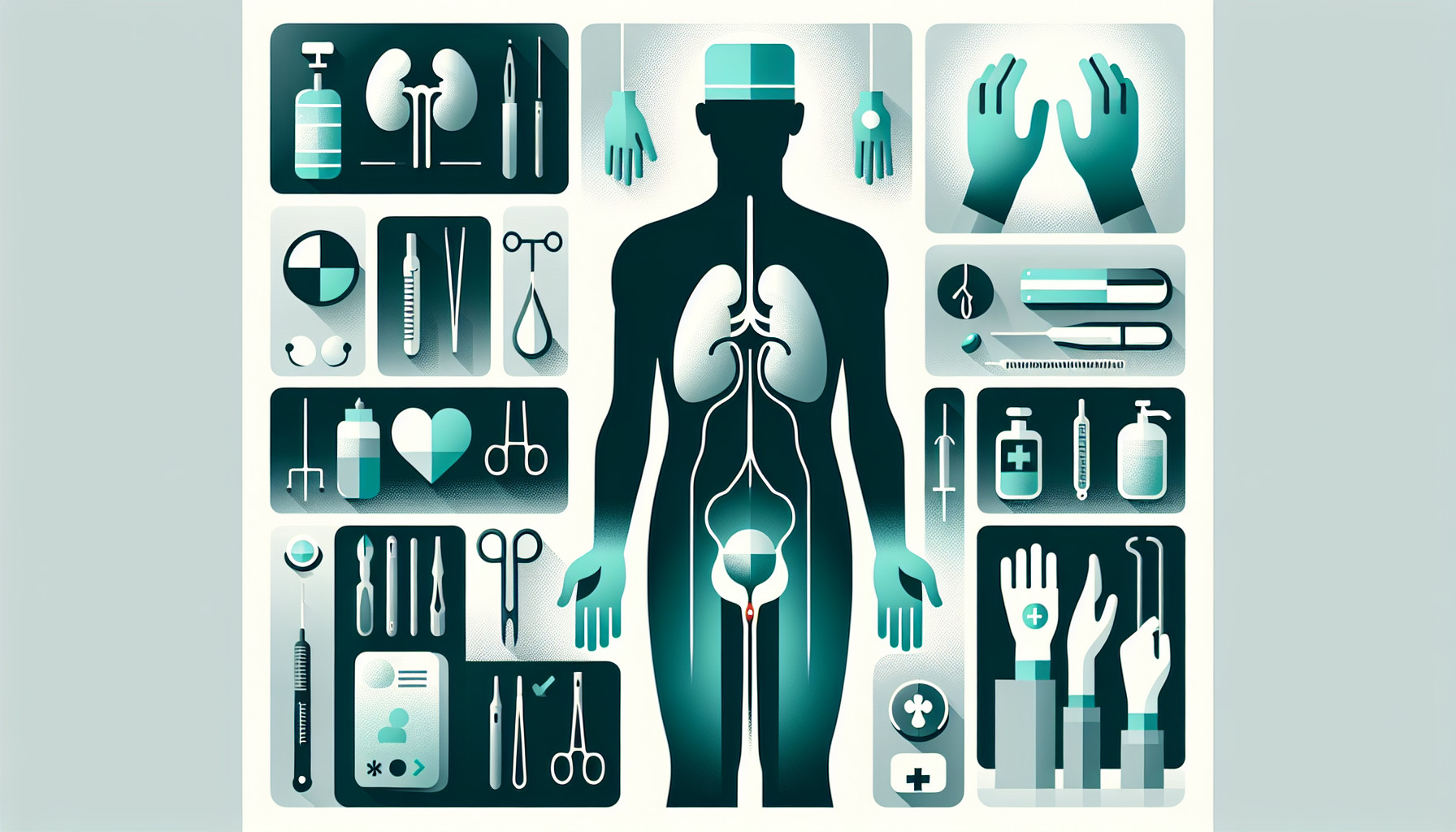Our Summary
This research paper discusses how innovation in the medical field, specifically in the area of kidney removal surgery (partial nephrectomy), has evolved over time. The first such surgery was performed in 1887, but it took over 100 years for it to become a recommended practice for small kidney tumors. There are still areas that can be improved, like preserving more of the kidney tissue, optimizing kidney function before surgery, and reducing the time the kidney is without blood supply during surgery. These factors significantly affect how well the kidney works after surgery.
Surgeons have made strides by experimenting with different techniques like controlling blood flow to the kidney, using imaging in robotic surgery, cooling the kidney, using lasers, and developing new robots. The DaVinci model, currently dominant in the market, is facing competition from emerging technologies with added features like haptic feedback and reduced costs.
The paper concludes by emphasizing that although predictions about the future might not always be accurate, it’s important to keep an open mind and embrace existing technological possibilities. What seems like a simple evolution of technology today, can appear as a revolution in hindsight.
FAQs
- When was the first kidney removal surgery performed and when did it become a recommended practice for small kidney tumors?
- What are some of the areas in kidney removal surgery that can still be improved?
- How is technology impacting the evolution of kidney removal surgery and what are some examples of these innovations?
Doctor’s Tip
A helpful tip a doctor might tell a patient about nephrectomy is to follow all pre-operative instructions carefully, such as fasting before surgery and stopping certain medications. It is also important to discuss any concerns or questions with your healthcare team before the procedure. After surgery, following post-operative care instructions, such as taking pain medication as prescribed, monitoring for signs of infection, and attending follow-up appointments, is crucial for a successful recovery. Additionally, maintaining a healthy lifestyle, including regular exercise and a balanced diet, can help promote healing and overall kidney health.
Suitable For
Patients who are typically recommended for nephrectomy include those with:
- Kidney cancer (renal cell carcinoma) that is localized and has not spread to other parts of the body
- Large kidney tumors that cannot be treated with other methods like radiation or chemotherapy
- Kidney disease or failure that is causing severe symptoms and not responding to other treatments
- Kidney trauma or injury that cannot be repaired through other means
- Kidney donation for transplant purposes, where one kidney is removed for donation to another person in need
Timeline
- The patient is diagnosed with a kidney tumor and undergoes various tests to determine the size and location of the tumor.
- The patient meets with a urologist to discuss treatment options, including nephrectomy (partial or full kidney removal).
- The patient undergoes preoperative preparation, which may include imaging tests, blood work, and possibly a kidney function test.
- The patient undergoes the nephrectomy surgery, which may be done laparoscopically or robotically.
- Post-surgery, the patient is monitored for any complications, such as infection or bleeding.
- The patient may experience pain, fatigue, and discomfort in the days following surgery.
- The patient is discharged from the hospital and instructed on postoperative care, including wound care and pain management.
- The patient continues to follow up with their urologist for monitoring of kidney function and any potential recurrence of the tumor.
What to Ask Your Doctor
- What are the potential risks and complications associated with nephrectomy surgery?
- How will my kidney function be affected after the surgery?
- Are there alternative treatments or procedures that could be considered before opting for nephrectomy?
- What is the recovery process like after nephrectomy surgery?
- How long will I need to stay in the hospital after the surgery?
- Will I need any additional treatments or medications after the surgery?
- Are there any long-term effects of nephrectomy that I should be aware of?
- What is the success rate of nephrectomy surgery for my specific condition?
- Are there any specific lifestyle changes I should make after the surgery to improve my kidney health?
- What advancements in nephrectomy surgery should I be aware of, and how might they benefit me in the future?
Reference
Authors: Malthouse T, Kasivisvanathan V, Raison N, Lam W, Challacombe B. Journal: Int J Surg. 2016 Dec;36(Pt C):560-567. doi: 10.1016/j.ijsu.2016.03.024. Epub 2016 Mar 11. PMID: 26975430
